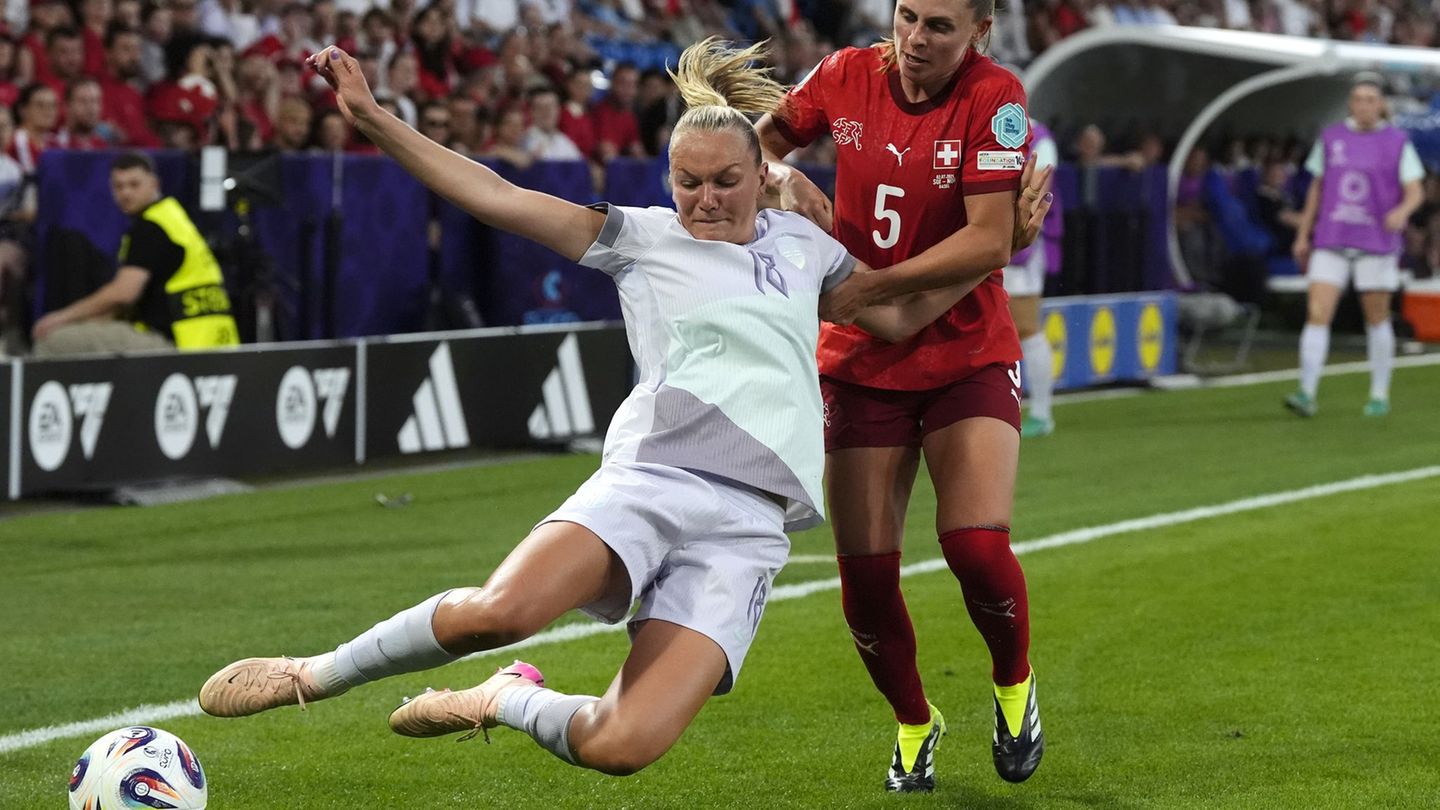Overfishing, climate change, pollution: The Baltic Sea and its inhabitants are doing badly, sometimes very badly. The consequences have hit German fishermen – environmentalists don’t go far enough.
German Baltic Sea fishermen will only be allowed to take a small amount of cod and herring from the Baltic Sea in 2024. After long negotiations, the EU states decided in Luxembourg that herring would largely not be allowed to be specifically fished in the western Baltic Sea, as the Federal Ministry of Agriculture announced. The former bread fish of Baltic Sea fishermen has no longer been allowed to be specifically fished in the western Baltic Sea since 2022. However, according to the ministry, there will still be exceptions for small boats that fish with gillnets or traps.
For German fishermen, this is a drop in the ocean. The agreed quantities “no longer allow for adequate fishing,” says a reaction from the German Fisheries Association in Hamburg. “As was to be expected, it will be very difficult for German coastal fishermen on the Baltic Sea next year.”
The EU Commission had actually proposed allowing these exceptions to expire. Before the meeting, Federal Agriculture Minister Cem Özdemir advocated for the exceptions to be preserved. These are also of socio-economic importance in order to maintain the existing fishing structures. “This does not endanger the recovery of the stock,” said the Green politician.
Environmental organizations are dissatisfied
Criticism of the exception comes from Greenpeace. Years of overfishing by industrial fleets have made environmentally friendly fishing impossible. Other environmentalists such as BUND, German Environmental Aid (DUH) and WWF also criticized the fact that too many fish will be allowed to be pulled out of the sea in 2024. Among other things, there is vehement criticism of the fact that herring is specifically allowed to be caught in the central Baltic Sea and between Sweden and Finland.
In 2024, cod will not be allowed to end up in the nets of German fishermen, but only as bycatch. The allowable catch for the western Baltic Sea falls by 30 percent to 73 tons, while in the eastern Baltic Sea it remains unchanged at 54 tons. According to the information, recreational fishermen will no longer be allowed to catch the fish in the western Baltic Sea in the future.
The background to the restrictions is the poor condition of many fish stocks. Overfishing, climate change and other factors have taken their toll on the animals and are putting them under further pressure. “The cod and herring stocks in both the eastern and western Baltic Sea are in a catastrophic state,” says Christian Möllmann from the University of Hamburg.
For plaice, which are doing better than herring and cod, the catch for Germany remains at 900 tons. Environmentalists had hoped for a smaller amount because cod also ends up in the nets as bycatch when fishing for plaice. The DUH also criticized a high catch of sprat, where large herring could end up in the nets as bycatch.
Thünen Institute: Resolutions are a good compromise
The head of the Thünen Institute for Baltic Sea Fisheries in Rostock, Christopher Zimmermann, rated the decisions as a good compromise. “The ministers have taken into account that the fish stocks in the Baltic Sea need to be protected,” Zimmermann told the German Press Agency. There is no reason to shut down the last remnants of the fishery through very small amounts of bycatch and thus seal the end of this industry.
In the summer, the Commission presented proposals for future catches, taking into account the assessment of the International Council for the Exploration of the Sea (ICES). This uses scientific criteria to examine, for example, how much fish can be caught without a population completely collapsing. 20 countries have come together in the council – including Germany.
There is no prospect of a quick improvement in sight. “Cod will most likely remain in poor condition for many years to come. The environmental conditions here – especially over-fertilization and climate change – would have to improve significantly in order to enable recovery,” said Zimmermann. Möllmann emphasized: “It is unclear whether – and if so when – the closure of the fisheries will have an effect.”
Source: Stern




